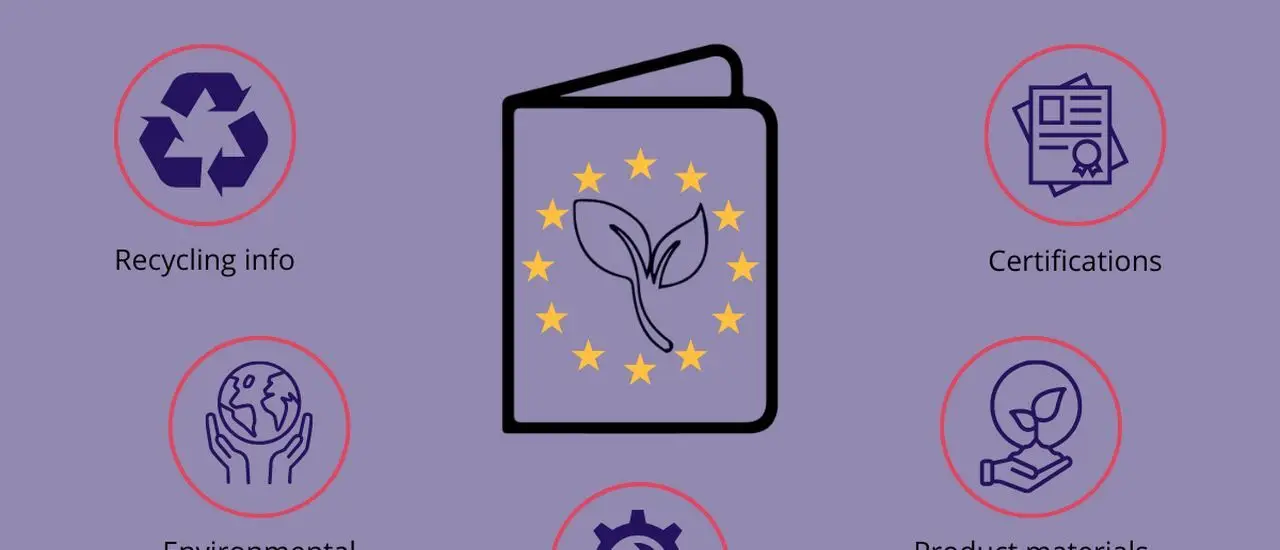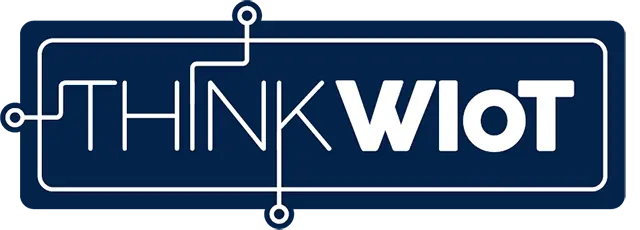Cisper Clarifies 7 FAQs on Digital Product Passports

Transparency, traceability, and trust — these are the cornerstones of the emerging Digital Product Passport (DPP) initiative in Europe. In a recent article, RFID specialist Cisper tackles the seven most frequently asked questions about DPPs, breaking down what companies need to know as regulatory requirements begin to take shape.
The Digital Product Passport is set to become a central pillar of the European Union’s Green Deal and Circular Economy Action Plan. It aims to ensure that every product placed on the European market contains standardized, accessible, and verifiable digital information — from materials and repairability to environmental footprint and recycling potential.
Cisper’s article explains:
What a Digital Product Passport is
Which product categories are affected
How data will be collected and stored
What role RFID and other auto-ID technologies play
Who is responsible for the data
What the deadlines are
How businesses can prepare
With expertise in RFID hardware and solutions, Cisper also sheds light on the technologies that will likely support the implementation of DPPs, including UHF RFID, NFC, barcode systems, and cloud-based data access.
“Digital Product Passports will not only fulfill legal requirements but also offer competitive advantages in terms of sustainability, supply chain transparency, and customer engagement.”
As the EU moves forward with regulations, staying informed is essential. The full article is available now on Cisper’s website.

